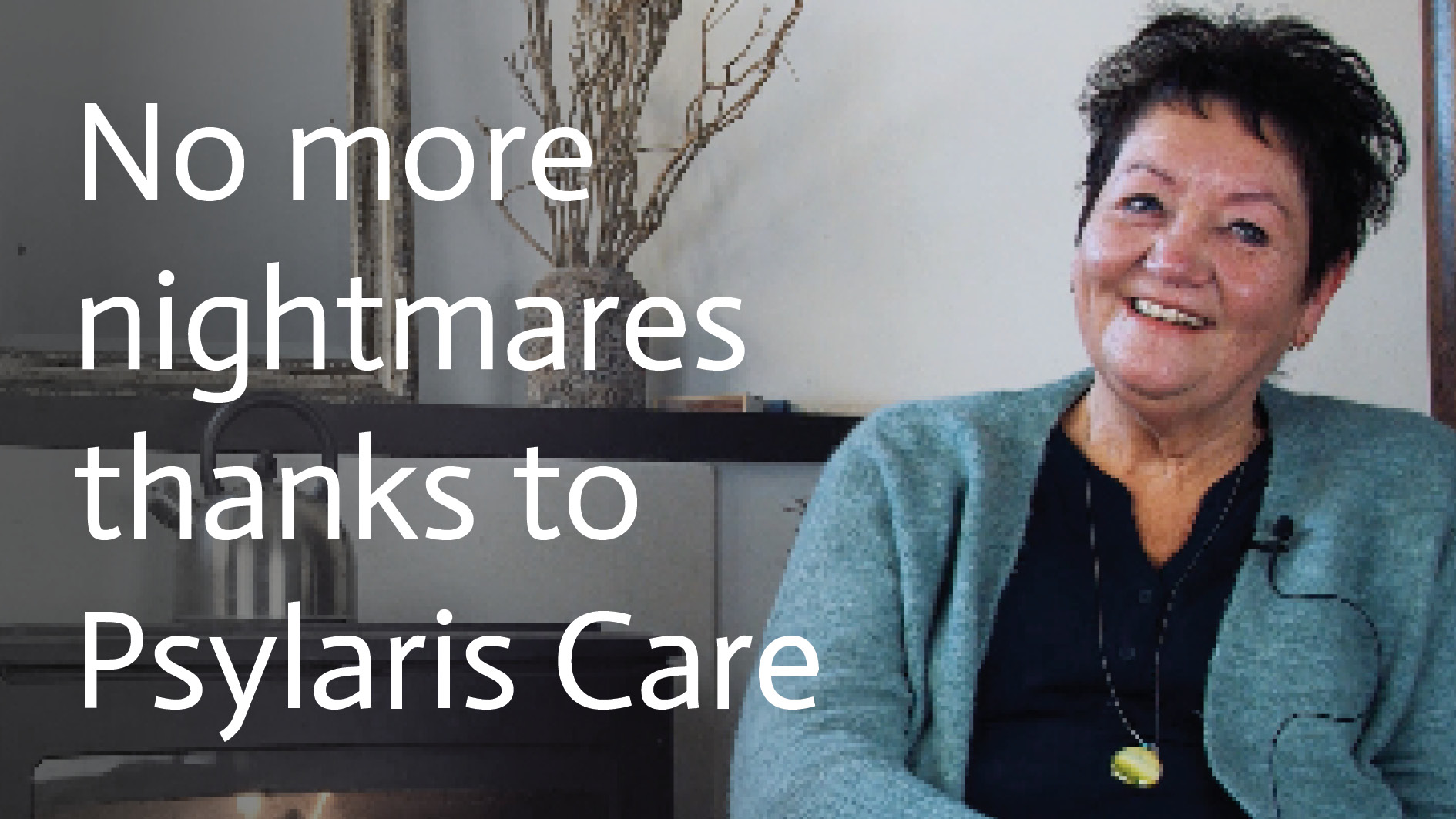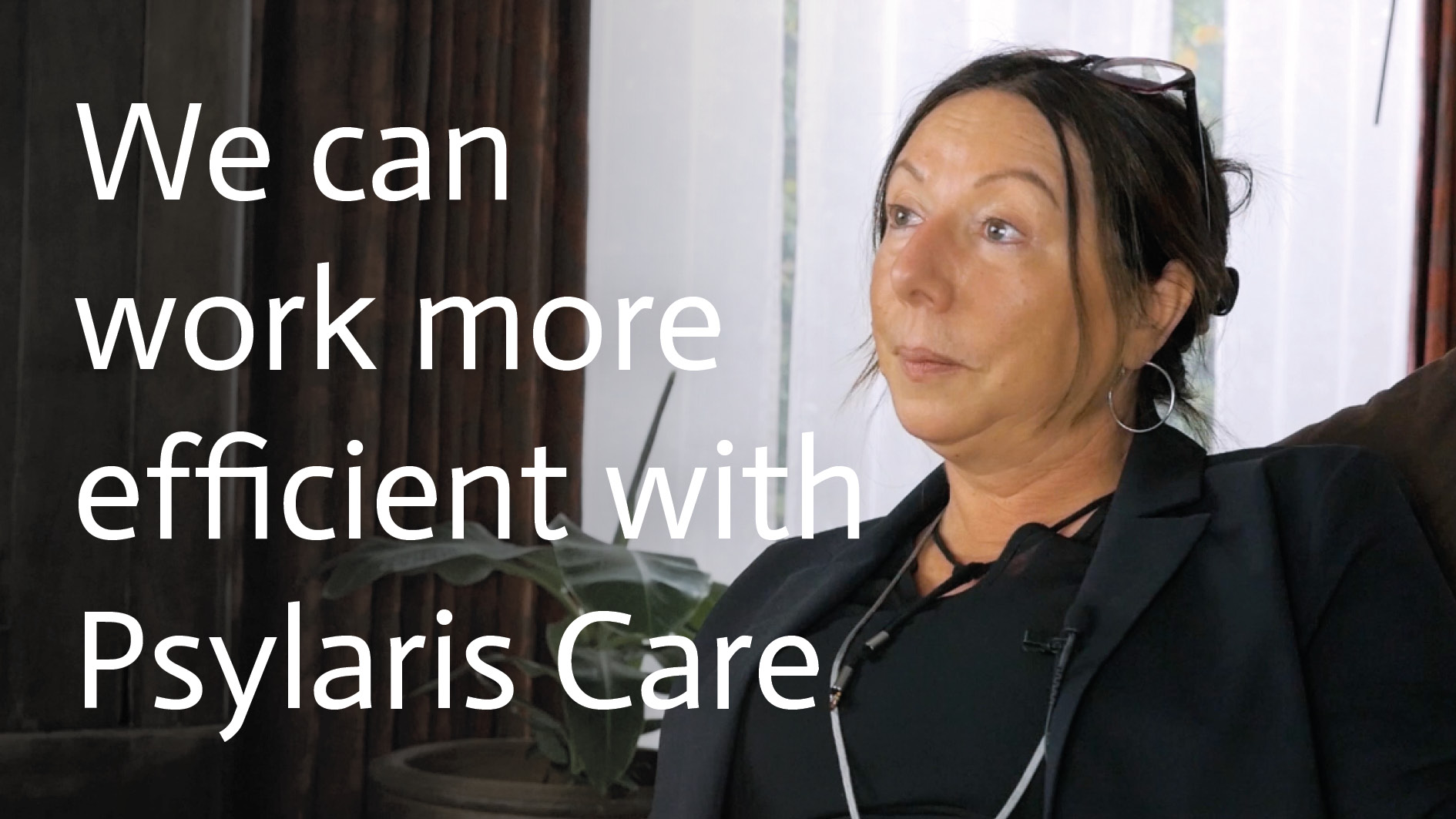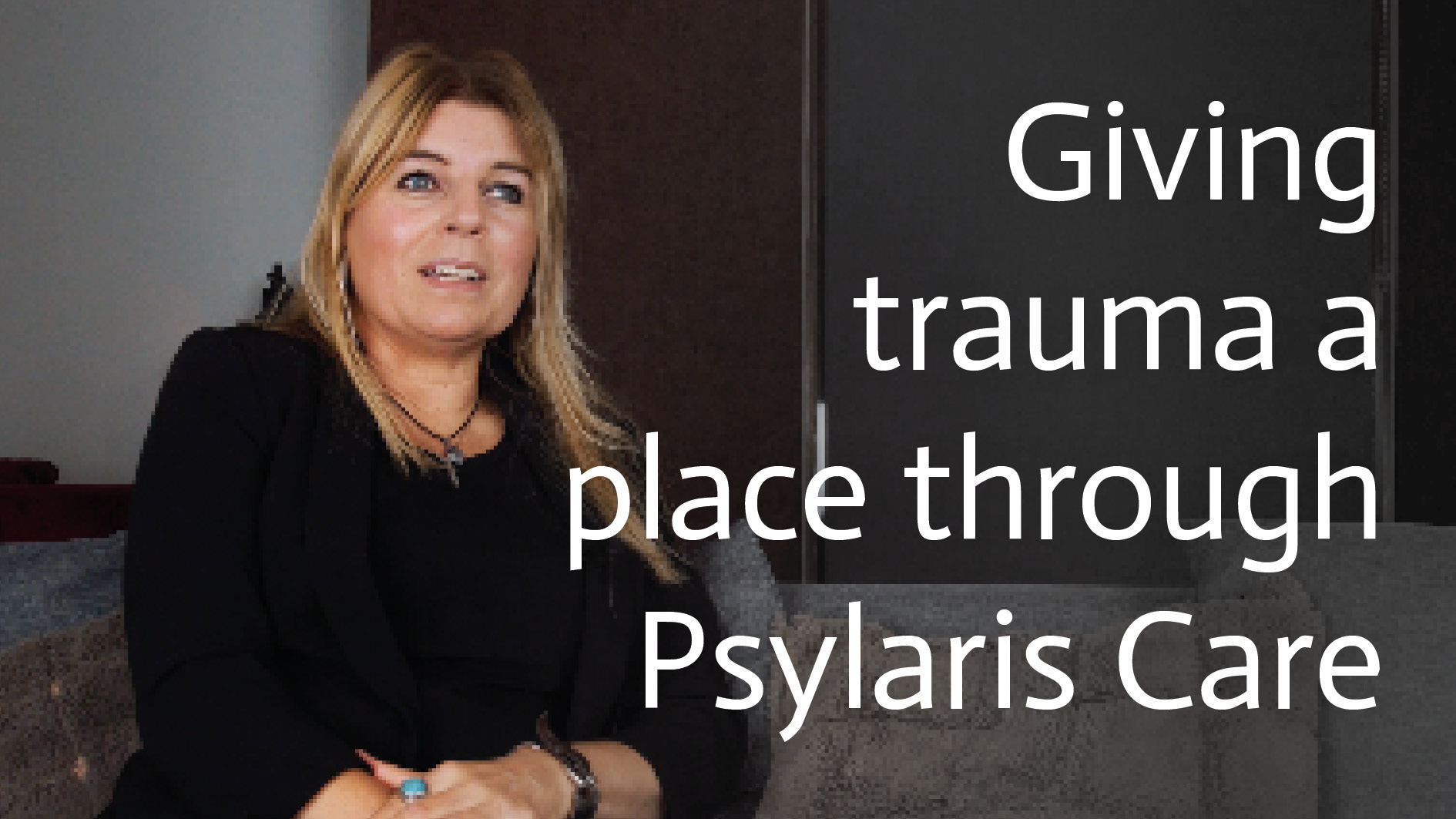When does grief become a burden?
When you lose a loved one, everyone around you understands that you need time to process. But at some point, your employer and the people around you will expect you to pick up the pieces and return to "normal" life. If you can't do that because something is still missing, you should talk to a psychologist. He or she can work with you to find out why the grief is still so great and how you can deal with it better. This is not only pleasant for yourself, but in many cases also for the people around you.
How can EMDR therapy help with grief?
EMDR therapy aims to 'reprogramme' your brain so that the grief for a deceased person is no longer present in your thoughts. It can be combined with talk therapy to support your treatment plan for grieving. If EMDR is used for grief treatment, the therapist will of course discuss this with you in advance and explain how the therapy works and what effects it may have.
How does EMDR therapy work with grief?
The therapist's working method is the same whether EMDR is used for grieving, trauma or depression treatment. The therapist stands at some distance from the patient and moves his hands. The idea is that you follow the moving hands with your eyes. As a complement to this therapy, sounds can be used or "tapping", where the therapist alternately touches the patient's knees. There is, of course, a philosophy behind this; it is not the case that the therapist is just doing something. So it is certainly not advisable to let a friend do EMDR therapy. This may have negative consequences.
The loss of a loved one can be very stressful
Depending on the situation, the loss of a loved one can be very intense. When someone dies in an accident or as a result of a crime and you have witnessed it, the impact is often enormous. People who experience this are often referred to victim support. Through victim support you can also be referred to a therapist who can EMDR therapy may be applied to help you cope with your grief, if this proves to be a good way of supporting your grief.
Seek professional help with grief counselling
If you find it difficult to get over the loss of a loved one and are still coping with it on a daily basis, it is important to recognise this and seek help. Your GP can be a first step, but you can also go directly to an independent psychologist or therapist. A psychologist is not a doctor and therefore cannot prescribe medication such as sleeping pills. In addition to EMDR for grieving, the psychologist may also ask you to put your thoughts on paper, which can often help you cope with the grief. You and your psychologist must find out which therapy or combination of treatments is best for you.








